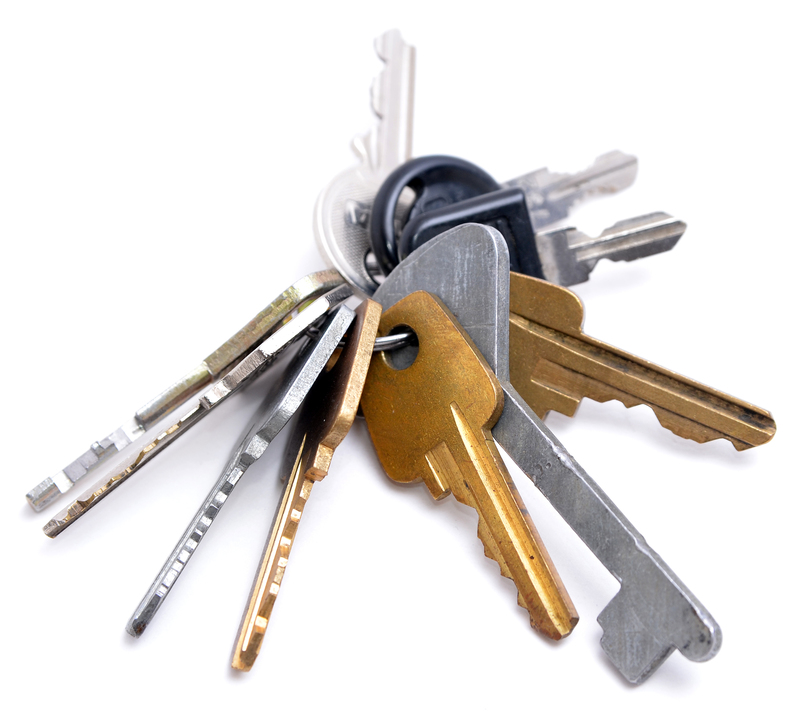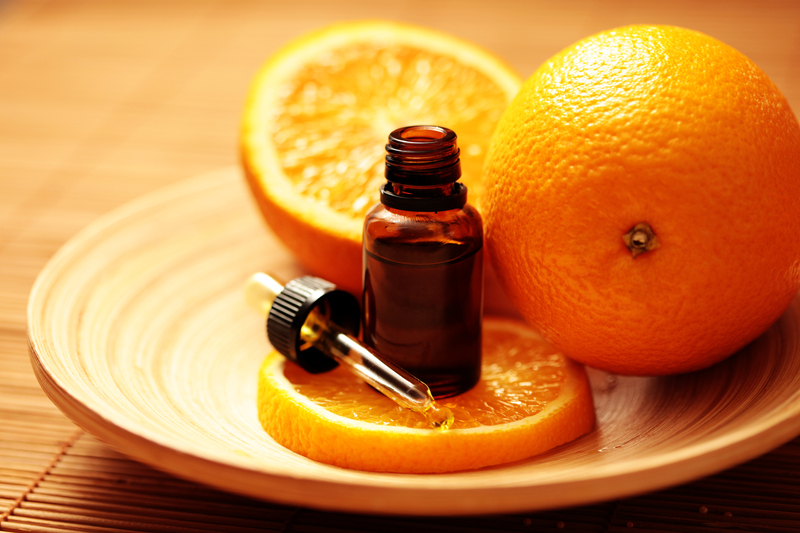Cleaners: Critical for Home Health and Safety
Posted on 18/08/2025
Cleaners: Critical for Home Health and Safety
Maintaining a clean home is not just about aesthetics; it's integral to the health and safety of the household. From reducing allergens to preventing disease, efficient cleaning practices and the right choice of cleaners play a vital role. This article delves into the importance of cleaners, both in routine maintenance and in protecting the well-being of all home residents.
The Role of Cleaners in Household Hygiene
Cleaners are indispensable in promoting a hygienic environment. They aid in the elimination of dirt, bacteria, viruses, and other pathogens that thrive on surfaces. Regular cleaning with appropriate products can prevent the buildup of harmful microorganisms that cause illnesses.
Disinfectants, for instance, are formulated to kill bacteria, fungi, and viruses. By reducing pathogen levels on frequently-touched surfaces like doorknobs, countertops, and bathroom fixtures, these cleaners help in significantly lowering the risk of infections. The prevention of microbial accumulation is particularly crucial in households with children, elderly, or immune-compromised individuals.

Types of Cleaners and Their Uses
Understanding the various types of cleaners available on the market is essential for effective household maintenance. Each cleaner caters to specific cleaning needs, and choosing the right one ensures both efficiency and safety.
All-Purpose Cleaners
All-purpose cleaners are versatile and ideal for general cleaning tasks. They can be used on a variety of surfaces, including kitchen counters, appliances, and bathroom fixtures. These cleaners typically combine detergent and disinfectant properties, making them suitable for removing dirt and killing germs simultaneously.
Disinfectants and Sanitizers
Disinfectants are powerful agents designed to destroy bacteria, viruses, and fungi on inanimate surfaces. They are essential in areas requiring stringent hygiene practices, such as kitchens and bathrooms. Meanwhile, sanitizers reduce the number of pathogens to safer levels but may not eliminate all harmful microorganisms. Both products are vital in maintaining a healthy home environment.
Specialized Cleaners
Specialized cleaners target specific types of dirt and surfaces. For example:
- Glass Cleaners: Formulated to leave glass surfaces streak-free and clear.
- Abrasive Cleaners: Contain scrubbing particles ideal for removing stubborn grime but may scratch delicate surfaces.
- Carpet Cleaners: Designed to deep clean carpets and remove stains while preserving the fabric's integrity.
Choosing Eco-Friendly Cleaners
With increasing environmental awareness, many households are opting for eco-friendly cleaning products. These cleaners offer several benefits, such as reduced chemical exposure, lower environmental impact, and minimized risk of allergies or respiratory issues.
Eco-friendly cleaners often contain natural ingredients like vinegar, baking soda, and essential oils. They are biodegradable and free from harsh chemicals, making them a safer choice for homes with children and pets. Additionally, choosing products with eco-certifications ensures they meet specific environmental and safety standards.
Importance of Proper Usage and Storage
Even the most effective cleaners can pose risks if not used and stored correctly. Following recommended guidelines is crucial to ensure the safety and health of everyone in the home.
Reading Labels and Instructions
Always read the labels and instructions provided by the manufacturer. Proper dilution, contact time, and application methods are essential to maximize the efficacy of the cleaner and minimize potential hazards. For instance, using too much product can leave harmful residues, while insufficient application may not effectively eliminate pathogens.
Safe Storage Practices
Store cleaners out of reach of children and pets, preferably in locked cabinets. Avoid transferring cleaning products into unmarked containers to prevent accidental ingestion or misuse. Keep products in their original containers with labels intact to ensure you can quickly identify them in case of an emergency.

Common Mistakes and How to Avoid Them
Even diligent households can fall into certain cleaning pitfalls. Here are some common mistakes and how to avoid them:
Mixing Cleaners
Mixing different cleaning products can create dangerous chemical reactions. For instance, combining bleach with ammonia releases toxic chloramine vapors. Always use products as directed and avoid mixing them unless specifically approved by the manufacturer.
Neglecting High-Touch Areas
High-touch areas such as light switches, door handles, and remote controls harbor a significant amount of germs. Regularly disinfect these surfaces to prevent the spread of infections. Incorporate these often-forgotten spots into your routine cleaning schedule.
Overlooking Ventilation
Proper ventilation is crucial when using cleaners, especially those containing chemicals. Ensure there is adequate airflow to disperse fumes and reduce the risk of respiratory irritation. Open windows or use fans to ventilate the area you're cleaning.
Conclusion
Cleaners are fundamental to maintaining a healthy and safe home environment. From eliminating pathogens to ensuring surfaces are free from contaminants, their role cannot be overstated. By choosing the right products, using them correctly, and incorporating eco-friendly options, you can effectively safeguard your household's health and well-being.
Regular cleaning and disinfection, coupled with proper usage and storage of cleaning products, are key practices that enhance the overall hygiene and safety of any home. By staying informed and vigilant, you can create a cleaner, healthier, and more enjoyable living space for you and your loved ones.
Latest Posts
Keep Your Home Dust Mite-Free: A Short Guide







